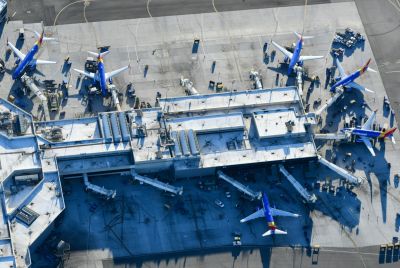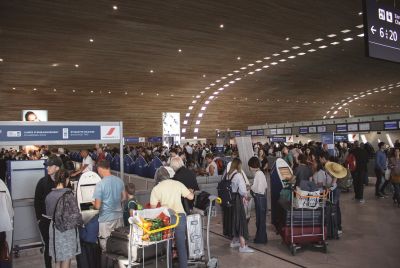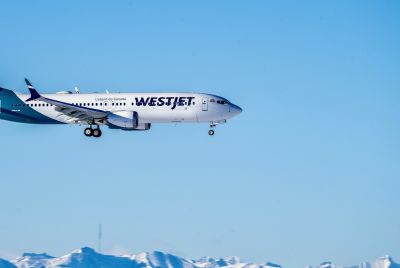London buses move slower than horse and cart as Britain's motorists waste hours in traffic jams
The average speed of buses on the busiest London roads was just 3.8mph.
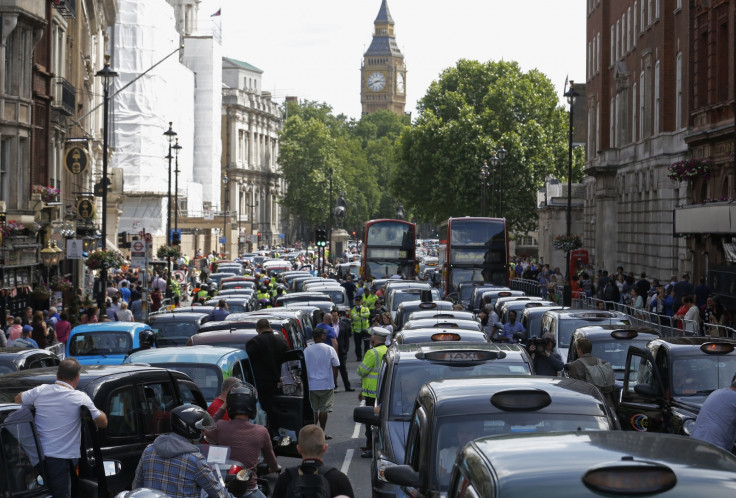
A Sunday Times sponsored analysis has found that road traffic congestion in Britain has risen by 40% in the last four years. The capital city London suffers most, with buses barely outpacing pedestrians in some areas, and travelling slower than the horse and cart of antiquity.
The analysis was conducted by traffic information company Inrix, looking at 18 urban areas which cover 50% of the UK population. The study found that drivers in these areas spent an average of 12.4 more hours per year stuck in rush-hour traffic jams than in 2012.
In London, that figure jumped to 101 hours per year, the Sunday Times reports – 40.3% higher than the average of 72 hours in 2012.
The study also found that the average speed of buses on the busiest London roads was just 3.8mph. The average walking speed of an adult person is 3.1mph.
There were a number of reasons for the worsening congestion, including an increase in deliveries caused by online shopping. The report also pointed to the squeeze caused by cycle lanes, such as the controversial new East-West Cycling superhighway in London.
The Times has long been an advocate of better provision for cyclists in the capital. The newspaper launched its Cities Fit for Cycling campaign after one of its employees, journalist Mary Bowers, was crushed by a lorry in 2011 and left with severe brain damage.
In fact, with London overtaking Brussels to be crowned Europe's most congested city last year, cycling is now one of the fastest ways to travel on the capital's roads.
According to Strava insights, the average speed of bicycle journeys made in London is 13.9mph. According to the website, which uses data recorded by global users of Strava's fitness app, London has the highest number of commutes by bicycle with 9,532 recorded daily.
New traffic plan
London remains the most congested European city thanks to continued growth. Mayor Sadiq Khan has announced reforms to congestion charges, aimed at reducing congestion and improving air quality, implementing a £10 surcharge for the most polluting vehicles.
In the Mayor of London's last update to its London Infrastructure Plan 2050 – published while Boris Johnson was still in the post – various policies were being looked at as possible solutions to congestion in London. The update said it would look at the "affordability and feasibility" of road tunnels, "fly-unders" and "decking over" sections of roads to unlock surface space.
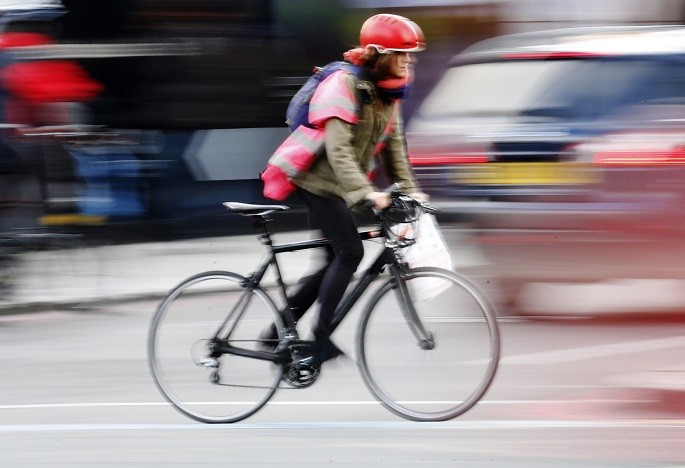
© Copyright IBTimes 2025. All rights reserved.

















